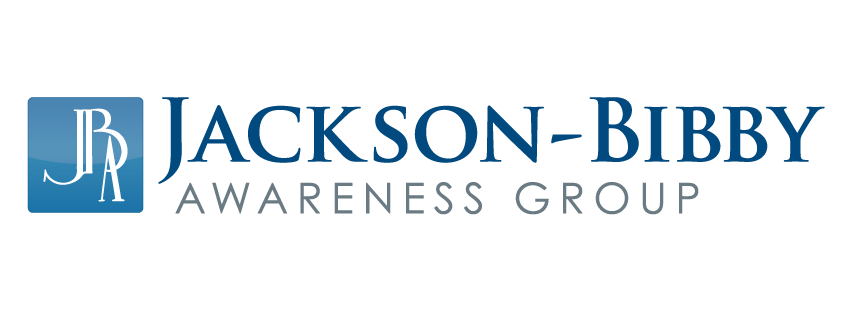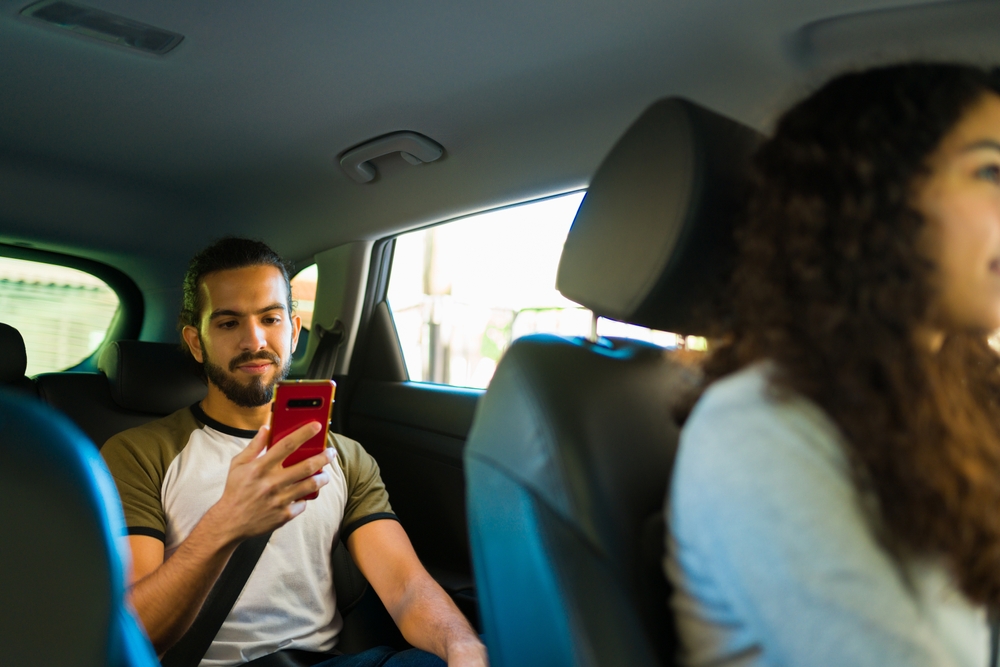Key Takeaways
- Use ridesharing apps like Uber and Lyft to avoid driving when you’ve had alcohol. These apps are easy to use and make the roads safer by reducing drunk driving.
- Public transportation, such as buses, trains, and subways, is a smart way to get home safely after drinking. They run late in many cities and keep you off the road if you’re impaired.
- Choose a friend who hasn’t been drinking as your designated driver for the night. This helps everyone get home safe without breaking any laws.
- Consider hiring drive-your-own-car services or taking taxis and electric cabs if you need a ride. These options ensure that both you and your car get home without risking safety.
- Joining designated driver rideshare programs can be another effective way to find safe transportation after drinking at social events.
Safe Alternatives to Driving While Intoxicated
As a license holder, you carry the significant responsibility of ensuring the safety of your driving. This responsibility extends beyond simply obeying traffic laws; it involves making smart, proactive decisions to protect yourself, your passengers, and other road users. One crucial aspect of this is avoiding driving while intoxicated. In California alone, drunk driving resulted in more than 200,000 crashes and 4,000 deaths in 2023. Additionally, there were 125,000 arrests for DUI in 2021, and this number continues to rise each year. Driving under the influence not only endangers lives but also carries severe legal consequences. Instead, consider safe alternatives such as designating a sober driver, using rideshare services, or arranging for a taxi. By planning ahead and making responsible choices, you contribute to safer roads for everyone.
Opting for Ridesharing Services like Uber and Lyft
Opting for ridesharing services like Uber and Lyft is a smart choice to avoid driving while intoxicated. These companies make finding a ride easy with their apps. You just tap your phone, and a car comes to pick you up.
This method is much safer than getting behind the wheel after drinking. It helps reduce the number of drunk drivers on the roads, making streets safer for everyone.
According to studies, a single person can decrease the odds of alcohol-involved motor vehicle crashes by .2% every time they book a rideshare.
Studies by groups like Mothers Against Drunk Driving (MADD) show that cities with access to rideshare apps see fewer drunk driving accidents. Ridesharing is a key tool in fighting against driving under the influence (DUI).
Using these apps, riders find quick pickups and safe routes home without risking impaired driving incidents. Plus, it’s an affordable option compared to the high costs associated with DUI offenses, such as fines and legal fees.
Using Public Transportation Options: Buses, Trains, Subways
Public transit systems such as buses, trains, and subways serve as a wise selection for secure homeward journeys after consumption of alcohol. Highly functional due to their consistent late-night schedules in many metropolises, they offer a travel option that negates the need for impaired driving.
This contributes to the reduction of inebriated drivers on the road, lessening vehicular accidents and enhancing overall street safety.
Selecting public transportation not just ensures personal safety, but also backs alternate transportation initiatives aimed at lessening instances of driving under alcohol influence.
By choosing these commute options, you are actively participating in a collective endeavor to decrease traffic fatalities and boost overall roadside safety. Moving ahead, we will scrutinize how choosing a non-drinking driver designated for the task provides another safe pathway for those who have consumed alcohol.
Choosing a Designated Non-Drinking Driver
After considering public transportation as a safe alternative, picking a person who decides not to drink alcohol for the night is another smart choice. This person takes on the role of driving everyone home safely.
Making this choice is seen as both responsible and wise because it directly prevents drunk-driving incidents. The National Highway Traffic Safety Administration supports finding such drivers as part of programs aimed at cutting down the number of impaired drivers on our roads.
Groups often decide in advance who will stay sober to drive others home. This promotes safer roads by ensuring that people under the influence aren’t behind the wheel. Having a designated driver helps keep friends and family safe, showing care for their well-being while following laws against intoxicated driving.
Additional Alternatives to Avoid Driving Intoxicated
Consider alternative modes of transportation such as e-scooters, bike-sharing programs, and walking. Utilize on-demand car services or carpooling with friends and family members.
Hiring Drive-Your-Own-Car Services
When planning a night out, opting for drive-your-own-car services can offer a safe and convenient choice. These services allow you to have a professional chauffeur drive your car home, ensuring both your safety and the safe arrival of your vehicle.
By using these services, individuals can steer clear of the dangers of drunk driving while also relishing the comfort of traveling in their own vehicle. Moreover, this alternative transportation method offers an additional layer of convenience by eliminating the need to retrieve your car the next day.
Opting for drive-your-own-car services guarantees a secure journey home without sacrificing personal convenience.
Relying on Taxi and Electric Cab Services
Taxi and electric cab services are vital transportation options for those unable to drive due to intoxication. They offer a secure and dependable way to get home without resorting to driving under the influence.
These services play a key role in reducing impaired driving incidents, significantly contributing to national road safety. In addition, taxi drivers are skilled professionals who can ensure a safe journey for those in need of transportation after consuming alcohol or engaging in other activities that hinder their ability to drive safely.
When choosing between taxi and electric cab services, it’s essential to prioritize safety while also considering convenience and accessibility. Taxis have long been a reliable means of alternative transportation for individuals seeking a sober ride home.
Electric cabs further enhance these options by providing environmentally friendly alternatives that align with modern sustainability initiatives, thereby promoting responsible choices even when not behind the wheel.
Booking a Ride with Car Services or Ride-Hailing Apps
Consider using ride-hailing apps like Uber and Lyft or booking car services as a safe option instead of driving while intoxicated. For-profit rideshare services, such as Uber and Lyft, offer convenient and reliable transportation options.
These companies have experienced significant growth in recent years, catering to the general public seeking an alternative mode of transportation to prevent impaired driving incidents.
When considering the choice to avoid drinking and driving, individuals can depend on these ride-hailing apps for a convenient way to book a ride from their current location directly through their smartphones.
The accessibility and simple booking process make it easier for users to secure a safe ride home after social events or gatherings involving alcohol consumption. Moreover, these ride-hailing apps offer transparency in terms of fare estimates and driver details while prioritizing passenger safety through thorough background checks for drivers.
Participating in Designated Driver Rideshare Programs
Designated driver rideshare programs offer a proactive and safer alternative for individuals leaving social gatherings after consuming alcohol. These programs enlist selected drivers to transport groups of people, ensuring everyone arrives home safely.
They effectively reduce the risks associated with driving under the influence by providing a reliable and convenient option for those who need transportation after drinking. Studies have shown that such initiatives contribute to a significant decline in alcohol-related road incidents, making them an invaluable addition to efforts aimed at curbing intoxicated driving.
Utilizing these designated driver rideshare programs not only safeguards individuals from potential legal ramifications but also promotes responsible decision-making when considering alcohol consumption and transportation.
The availability of these specialized services complements existing options like taxis, ridesharing apps, and public transit systems, further expanding the range of safe alternatives for individuals attending events involving alcoholic beverages.
Prepare and Prevent Alcohol-Related Car Crashes
Discovering safe alternatives to driving while intoxicated is crucial for preventing accidents and ensuring public safety. Ridesharing services like Uber and Lyft, public transportation options such as buses and subways, and designated non-drinking drivers all offer smart choices.
Additional alternatives include drive-your-own-car services, taxi and electric cab options, booking rides with car services or ride-hailing apps, and participating in designated driver rideshare programs.
These alternatives are vital for reducing the need to drive after drinking alcohol. Let’s prioritize responsible decisions by choosing these safer transport options instead of putting lives at risk on the road.
FAQs
1. What are some safe alternatives to drinking and driving?
Safe alternatives to drinking and driving include using taxi services, designated drivers, public transportation systems like light rail or rapid transit, bike share programs, or ridesharing platforms such as UberBlack.
2. Can mobile applications help me avoid drunk driving?
Yes! Mobile applications can connect you with various ride-sharing companies for a safe ride home if you’ve been drinking.
3. How do I handle a situation where I’m intoxicated but need to get home?
In this case, you could use the Safe Rides Programs offered by many communities or Operation Red Nose service during holiday periods when alcohol-related crime is high.
4. Are there any legal consequences of drunken driving in California?
Drunken driving is considered a serious offense under California drunk driving laws and it can lead to DUIs (Driving Under Influence) charges which may result in fines, imprisonment or even felony charges depending on your blood alcohol concentration level.
5. Does public transportation accommodate late-night commuters who have been drinking?
Many cities offer extended hours for their commuter lines and rapid transit systems specifically for people who have been out drinking so they don’t drink-drive causing road traffic crashes.
6. Is binge-drinking related to an increase in car accidents?
Studies show that binge drinkers often underestimate their impairment leading them to drive while intoxicated resulting in increased risk of car accidents.


Recent Comments